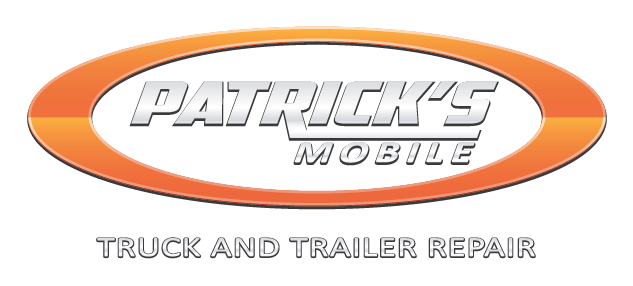https://www.patricksmobile.ca/wp-content/uploads/2020/03/Patricks-Mobile-Fueling-Car-Header-Image.jpg
1473
2210
Content Team
https://www.patricksmobile.ca/wp-content/uploads/2018/03/PatMobile-Logo.png
Content Team2020-03-20 15:02:402020-08-26 18:21:22How Diesel Engines Have Become Cleaner Than Ever
https://www.patricksmobile.ca/wp-content/uploads/2020/02/Patricks-mobile-mechanic-header-image-2.jpg
853
1280
Content Team
https://www.patricksmobile.ca/wp-content/uploads/2018/03/PatMobile-Logo.png
Content Team2020-02-26 12:04:132020-08-26 18:21:22A Day In The Life Of A Diesel Mechanic
https://www.patricksmobile.ca/wp-content/uploads/2020/01/pm-unsplash-e1579718518680.jpg
1022
1728
Content Team
https://www.patricksmobile.ca/wp-content/uploads/2018/03/PatMobile-Logo.png
Content Team2020-02-12 11:29:492020-08-26 18:21:22What Are The Benefits Of Having A Fleet Service Mechanic?
https://www.patricksmobile.ca/wp-content/uploads/2019/12/pexels-photo-1624895.jpeg
1500
2250
Content Team
https://www.patricksmobile.ca/wp-content/uploads/2018/03/PatMobile-Logo.png
Content Team2019-12-12 13:52:282020-08-26 18:21:22What's The Difference Between OBD And OBD2?
https://www.patricksmobile.ca/wp-content/uploads/2019/12/trucks.jpeg
333
500
Content Team
https://www.patricksmobile.ca/wp-content/uploads/2018/03/PatMobile-Logo.png
Content Team2019-12-12 13:52:082020-08-26 18:21:22Is There A Transport Truck Bigger Than An 18-Wheeler?
https://www.patricksmobile.ca/wp-content/uploads/2019/11/matthew-t-rader-1shWwOrkxEM-unsplash.jpg
2803
4232
Content Team
https://www.patricksmobile.ca/wp-content/uploads/2018/03/PatMobile-Logo.png
Content Team2019-11-25 14:42:072020-08-26 18:21:23What Is The Best Scan Tool For Heavy-Duty Trucks?
https://www.patricksmobile.ca/wp-content/uploads/2018/05/Truck-Repair-Shop-Mobile-Engine-Repair-Patricks-Mobile-London-Ontario-1-1-1.jpg
2400
3200
Content Team
https://www.patricksmobile.ca/wp-content/uploads/2018/03/PatMobile-Logo.png
Content Team2019-11-04 18:20:032020-08-26 18:21:23What Truck Has The Longest Lasting Engine?
https://www.patricksmobile.ca/wp-content/uploads/2019/09/photo-1525101928560-8c08ad1d9be4.jpg
900
1350
Content Team
https://www.patricksmobile.ca/wp-content/uploads/2018/03/PatMobile-Logo.png
Content Team2019-10-21 12:36:032020-08-26 18:21:23What Is The Oldest Trucking Company?
https://www.patricksmobile.ca/wp-content/uploads/2019/10/MIT-TruckPlatoon_0.jpg
426
639
Content Team
https://www.patricksmobile.ca/wp-content/uploads/2018/03/PatMobile-Logo.png
Content Team2019-10-21 12:35:452020-08-26 18:21:23Do Truckers Pay For Their Own Fuel?
https://www.patricksmobile.ca/wp-content/uploads/2019/08/matthew-t-rader-1shWwOrkxEM-unsplash.jpg
2803
4232
Content Team
https://www.patricksmobile.ca/wp-content/uploads/2018/03/PatMobile-Logo.png
Content Team2019-08-21 11:38:052020-08-26 18:21:23Will Changing Fuel Injectors Increase The Performance Of A Diesel Truck?
Scroll to top










